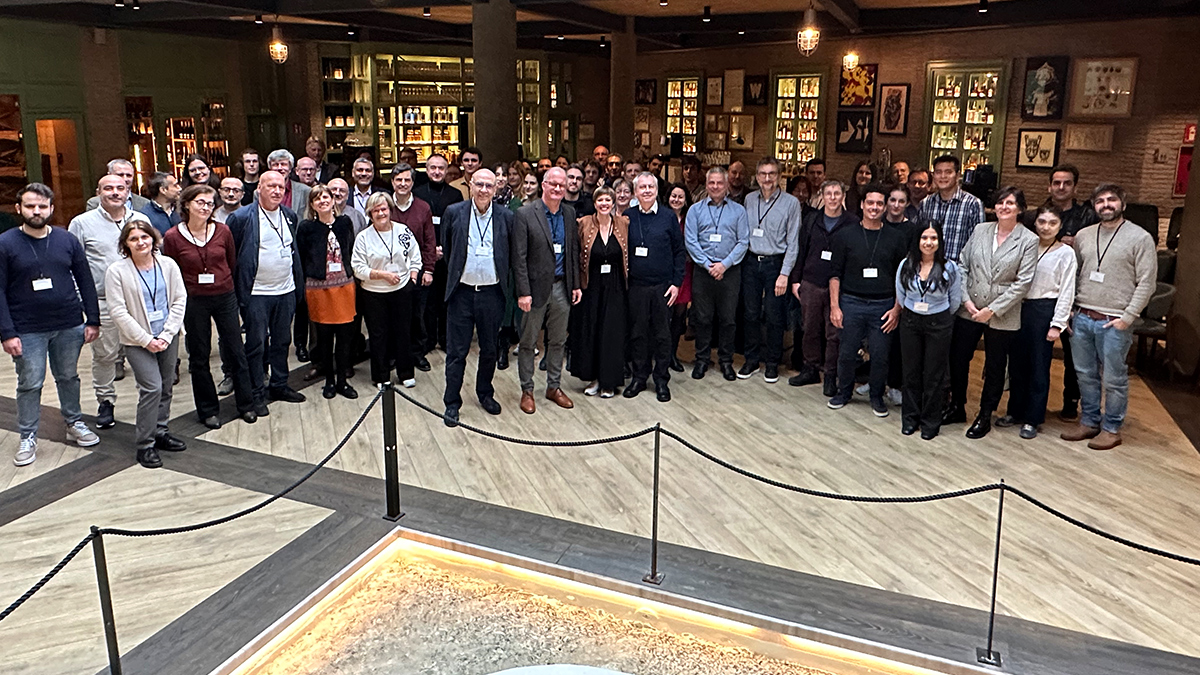We’re excited to present the latest edition of Minds Behind VICT3R, featuring Nadège Le Roux (Bristol Myers Squibb) – expert in Regulatory Sciences and Policy and a key contributor to VICT3R’s regulatory strategy. With a strong background in regulatory science, Nadège brings valuable insight into how innovative methods like Virtual Control Groups (VCGs) can be integrated into future safety assessments.
1. Can you tell us a bit about your background and your current role at Bristol Myers Squibb?
I’m an expert in Regulatory Sciences and Policy at Bristol Myers Squibb, where I lead strategic initiatives focused on shaping EU regulatory frameworks. This comprises the ongoing reform of the EU pharmaceutical legislation, that includes an emphasis on modernizing non-clinical development. I’m also actively involved in initiatives around real-world data, future-proof data-driven regulatory models, and the evolution of expedited regulatory pathways (ERP) like PRIME. I chair the EFPIA ERP working group and contribute to several EMA stakeholder platforms. With nearly 30 years of experience in drug development, regulatory affairs and policy—from early-phase research to product registration—I’m passionate about driving innovation. I hold a PhD in Biomedical Ethics and am actively engaged in several IHI research projects, including VICT3R. Being part of such multi-stakeholder collaborations is a rewarding way to help shape future research policy.2. How did you become involved with VICT3R, and what motivated you to contribute to the project?
VICT3R includes a strategic goal to gain EMA qualification for Virtual Control Groups (VCGs) and will explore their future integration with AI tools. Regulatory acceptance is key to making this vision a reality. My background in regulatory affairs and early dialogue with EMA experts allows me to contribute to the project’s strategic planning and long-term qualification pathway. I was especially drawn to VICT3R’s ambition to modernize non-clinical safety research by applying AI-driven methods like VCGs. This approach not only supports the 3Rs—Replacement, Reduction, and Refinement—but also enhances scientific rigor and accelerates decision-making. My motivation comes from a deep passion for research policy and a belief in the power of cross-disciplinary collaboration, which IHI projects like VICT3R exemplify. It’s a forward-thinking initiative that I’m delighted to be part.3. From your perspective, why is regulatory engagement so important for advancing the use of Virtual Control Groups (VCGs) in toxicology?
Regulatory engagement is essential to the successful adoption of VCGs in toxicology and beyond. These models offer a transformative way to reduce animal use while maintaining scientific integrity—especially when combined with AI tools. But for VCGs to be accepted, developers and regulators must align on their scientific validity, data standards, and transparency. Early and ongoing dialogue helps build trust, address concerns, and ensure that regulatory frameworks evolve alongside innovation. This is particularly important in a global context, where harmonized approaches can reduce duplication and accelerate progress. Ultimately, regulatory engagement isn’t just about compliance—it’s a strategic enabler for embedding ethical, efficient, and scientifically sound alternatives into the future of non-clinical research.4. What do you see as the biggest opportunities and challenges ahead for integrating new approach methods like VCGs into regulatory practice?
VCGs offer a major opportunity to reduce animal use in toxicology, aligning with the 3Rs while preserving scientific quality. This can streamline study designs, improve efficiency, and promote more ethical research. Importantly, they also support a long-term vision: helping researchers apply the 3Rs more effectively throughout product development. However, challenges remain—especially across disciplines like non-clinical science, data standardization, IT, and AI—within a GxP-compliant environment. We need clearer regulatory guidance, validated methodologies, and greater trust in AI-driven tools. Strong regulatory engagement will be key to ensuring these innovations are accepted and implemented in future submissions. One opportunity with VICT3R members is the potential to extend this knowledge beyond the pharmaceutical sector. And ultimately, the insights gained through projects like VICT3R could help shape new regulatory guidance, paving the way for broader acceptance and integration of these innovative approaches.






